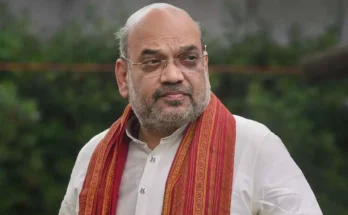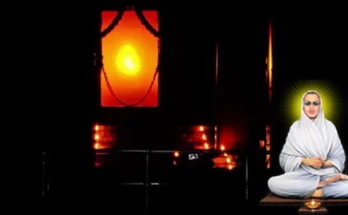Consciousness consists in brain activity. 86 billion neurons, possibly a hundred trillion synapses. You don’t say, I’m the brain. This means there is somebody beyond that. We don’t look at brain as something different.
It is just body with a different levels of functionality. We know that when the person dies, their consciousness goes out of existence. Consciousness is that which is the very basis of our creation. Or where is the proof?
Well, I am the proof. I don’t believe in miracles. Extra sensory perception. But we know it doesn’t exist. An entity that we cannot perceive through sense perception. This is what we refer to as consciousness.
Science should never conclude what we do not know cannot exist. So before we decided what should we talk about and after going through Dr. Pinker’s profile, we went back and forth on what title we should keep.
So Dr. Pinker chose, is consciousness a miracle? We were giving him consciousness a miracle. So he just put a question mark on that and you tweeted last night. So I would love to hear from you what in your view consciousness means and why the question mark.
Yeah, there is a some of you may have heard of Bedrich’s law of headlines, which is that in a newspaper magazine, any headline that begins with a question mark has the answer no. And I think that applies to our, at least to my opinion of the resolution for today.
The question, is consciousness a miracle? No. So what is consciousness? Well as Louis Armstrong was once asked to define jazz and he said, if you have to ask, you’ll never know. We all know what consciousness is.
It is our waking awareness. It is the experience that we are all having right at this moment. Is consciousness a miracle? No. And here’s why. Consciousness consists of patterns of activity in the brain.
We can be a bit more specific, but I won’t go into the detail, but there’s reason to think that it can be specified as rhythmic, synchronized patterns of activity, perhaps in the gamma range or higher, involving loops between the thalamus, prefrontal cortex, parietal cortex, and other brain regions.
Why do we think that? Well, findings in neuroscience that go back almost a century or more.
The brain was exposed, part of the skull removed, and as we all know, the brain has no pain receptors so that brain surgery can be done while the patient is conscious. And he found that when he stimulated the cortex with an electrode, he could cause the patient to have a vivid lifelike experience.
They could think that they were at their eight -year -old birthday party, for example. So electricity causes consciousness, not a miracle. Drugs cause affect consciousness. That’s why we take mood -altering drugs, or whether recreational or therapeutic.
So chemistry causes consciousness. If a part of the brain is removed through surgery because of a tumor, through a head injury or a stroke, then a part of consciousness is affected, and the person may lose the experience of seeing color or recognizing objects, or even envisioning themselves at some future time, depending on where the lesion is.
This is not just a correlate, but we know that brain, the intact brain wiring is necessary for consciousness. It’s not just two things happening at the same time, because if a part of the brain is damaged, the person no longer has the corresponding experience, and say if the optic nerve is cut, the person’s blind.
We also know that if we allow the brain to function normally, that the patterns of activity that correspond to consciousness are increasingly capable of being read, that any conscious experience has a corresponding brain signature, and through functional magnetic resonance imaging and machine learning, we’re getting closer and closer to being able to read out someone’s consciousness from their pattern of brain activity.





